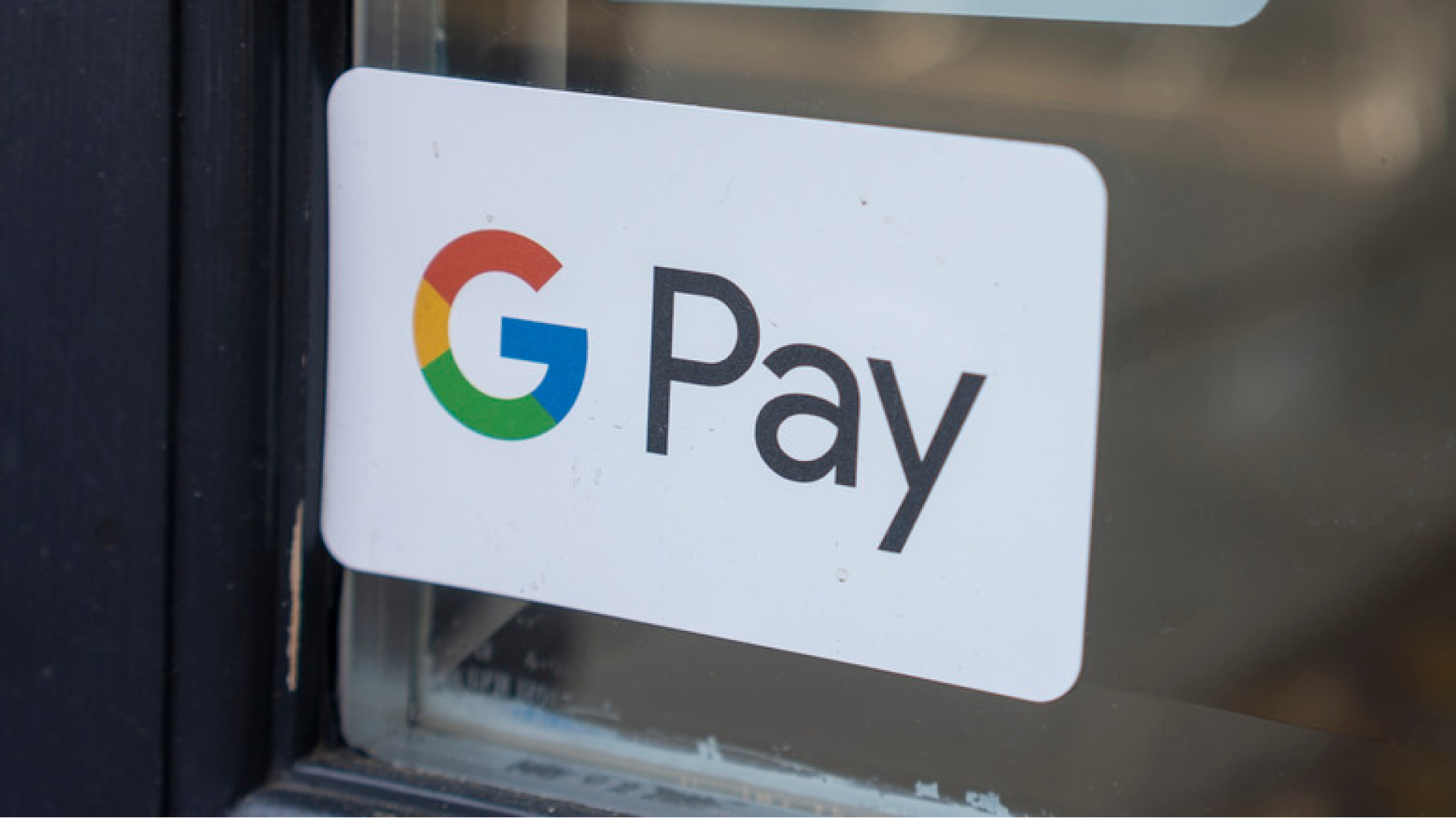Google has taken legal action against the Consumer Financial Protection Bureau (CFPB) after the federal agency announced its decision to supervise Google Payment Corp., citing potential risks to consumers, TechCrunch reports. The CFPB’s order, released on Friday, focuses on Google Pay’s now-discontinued peer-to-peer (P2P) payment service, raising concerns about fraud prevention and handling of erroneous transactions.
According to the CFPB, Google’s payment division meets the criteria for federal oversight due to complaints from customers. These complaints suggest inadequate investigation of erroneous transfers and insufficient explanations of investigation outcomes. The agency also criticized Google for failing to take robust measures to prevent fraud. Despite these concerns, the CFPB clarified that its order does not imply a finding of wrongdoing by Google or an immediate mandate for supervisory examinations.
Google, however, views the order as unwarranted. In a statement, a company spokesperson called the move “government overreach,” emphasizing that Google Pay’s P2P payment service no longer operates in the U.S. The tech giant filed a lawsuit to contest the decision, arguing that a discontinued product cannot pose risks requiring federal oversight.
The CFPB countered this argument, noting that while the service’s discontinuation may influence future supervisory decisions, it is not a valid reason to exempt Google from federal scrutiny. The bureau is acting based on nearly 300 consumer complaints related to Google’s payment services.
Google’s legal challenge underscores its resistance to being placed under the same supervisory framework applied to banks and other financial institutions. The outcome of this case could have broader implications for regulatory oversight of digital payment platforms.










